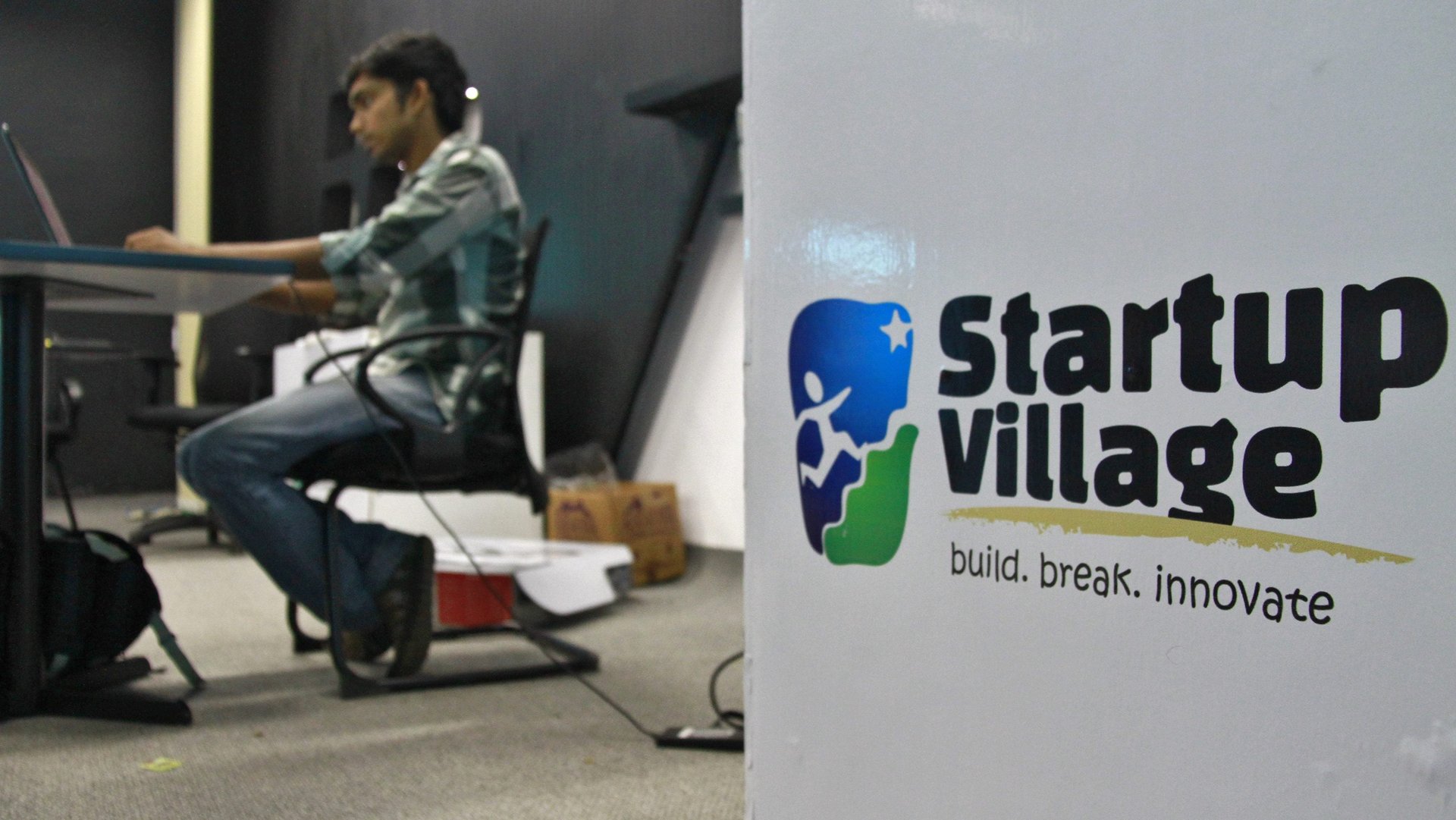How new startups can compete with billion-dollar companies
This question originally appeared on Quora: How can you compete with a billion-dollar company that has been around for a while as a new startup? Answer by Balaji Viswanathan.


This question originally appeared on Quora: How can you compete with a billion-dollar company that has been around for a while as a new startup? Answer by Balaji Viswanathan.
The great thing about well run large companies is that they are super focused. They often stick to their core competence and thus leave a lot of small things off. You can pick these up as a startup. The great thing about poorly run large companies is that they are super disoriented. They cannot decide anything and moving anything in there is such a pain—pushing all the creative people out.
You don’t directly compete with billion-dollar companies doing the exact same thing. You have to do things that the large companies are ignoring for a variety of reasons.
When Microsoft claimed they had an operating system for the PC, IBM didn’t care much about the PCs. It was not their priority. Mainframes were. By the time IBM realised how big the PC industry really was, it was already too late.
Major bookshops didn’t care much when Amazon started their store on the internet. The market was too small for the big book stores to worry about. Amazon itself didn’t care for a lot of other things, like say selling shoes online, that allowed companies like Zappos to take that space.
Yahoo could have built Facebook. But, they were super confused by that time. Facebook could have built Twitter or Pinterest or Instagram, but they were focused on their core objective.
I used to work for the largest tech company and everything moved slow. More than a decade ago, I saw ideas for smartwatches, tablets, IoT systems, multi-touch screens, brilliant photo editors, software market place, etc—all released without much energy or commitment. These were all way ahead of time, but executive energy was too limited on these. That guaranteed a virtual failure of all these systems. A startup executive, on the other hand, tend to be super committed and focused on their “little” piece of the market.
Finally, a billion-dollar company is like an army—it is not only regimented but also has something to protect. A startup is like a guerrilla unit, it has nothing to protect and is looking for a lucky hit on an unprotected gate. There are a lot of misses, but sometimes there is a hit.